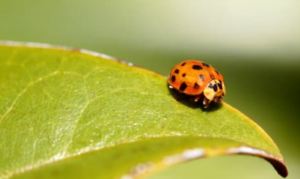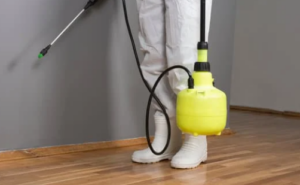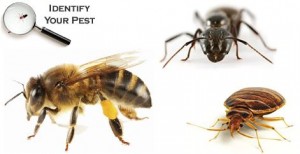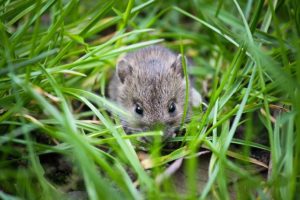Environmentally friendly options are becoming more and more necessary as public awareness of environmental sustainability and conservation rises. One area where such alternatives are gaining traction is in pest control methods. In traditional pest management methods, chemical pesticides are routinely utilised, which can harm both human health and the environment. Fortunately, several eco-friendly alternatives are now available that effectively control pests while minimizing the negative impact on ecosystems. Here, we will discuss the Eco-friendly Alternatives to Traditional Pest Control Methods.
Eco-friendly Alternatives to Traditional Pest Control Methods
These options are safer for people and the environment because they use organic and non-toxic methods. By implementing these practices, people, organisations, and communities may contribute to a healthier and more sustainable future.
Biological Control

Biological control involves using natural predators, parasites, or pathogens to control pest populations. This method harnesses the power of nature’s checks and balances to maintain a healthy ecosystem.
For example, introducing beneficial insects like ladybugs or predatory nematodes can effectively control aphids and other harmful pests without chemical pesticides. This approach is safe for the environment and sustainable, as it encourages natural pest control mechanisms.
Mechanical Control

Mechanical control methods involve physical barriers or traps to prevent pests from accessing plants or structures. Examples include installing window mesh screens to prevent insects from entering buildings or using sticky traps to catch flying insects.
Mechanical control methods are non-toxic and can be highly targeted, reducing the risk to non-target organisms and minimizing environmental impact.
Natural Repellents
Natural repellents utilize plant-based extracts or essential oils to repel pests. Additionally, several herbs and plants, like neem, garlic, and peppermint, have natural insect-repellent characteristics that can keep insects away.
There are numerous ways to use these repellents, including sprays, oils, and plants. Natural substances can also be applied to the body as a personal insect repellent. They can also be a secure alternative to chemical insecticides in gardens and residences.
Integrated Pest Management (IPM)
An all-encompassing strategy, integrated pest management, combines various environmentally friendly pest control techniques to accomplish long-term pest management.
- Monitoring pest populations.
- Identifying the underlying causes of pest infestations.
- Implementing biological, cultural, and mechanical control methods to control pests effectively.
By minimizing the reliance on chemical pesticides and taking a holistic approach, IPM promotes sustainable pest control practices.
Benefits of Eco-friendly Alternatives

- Eco-friendly alternatives employ fewer chemical pesticides, lowering the chance that people, animals, and the environment will come into contact with them detrimentally.
- Unlike traditional methods, eco-friendly alternatives aim to protect beneficial insects, birds, and other organisms that contribute to ecological balance.
- By adopting eco-friendly options, pest control becomes a long-term and sustainable practice that supports healthy ecosystems and reduces the need for continuous chemical interventions.
Conclusion
Eco-friendly alternatives to traditional pest control methods offer a greener and more sustainable approach to pest management. By utilizing the above-listed methods, we can effectively control pest populations while minimizing the negative impact on the environment. In addition, hiring a pest control service will help you to conduct a proper control treatment and get pests in your place.






